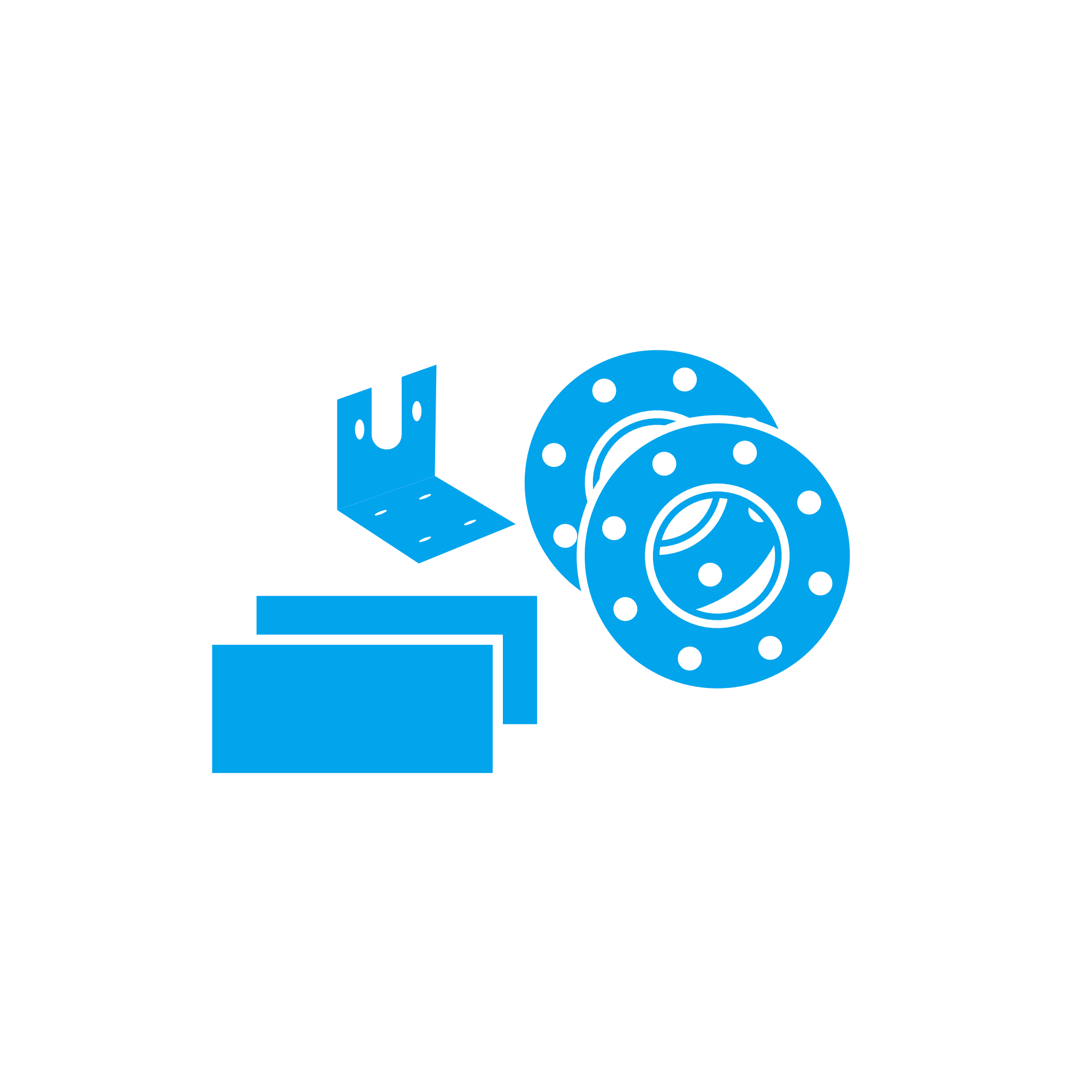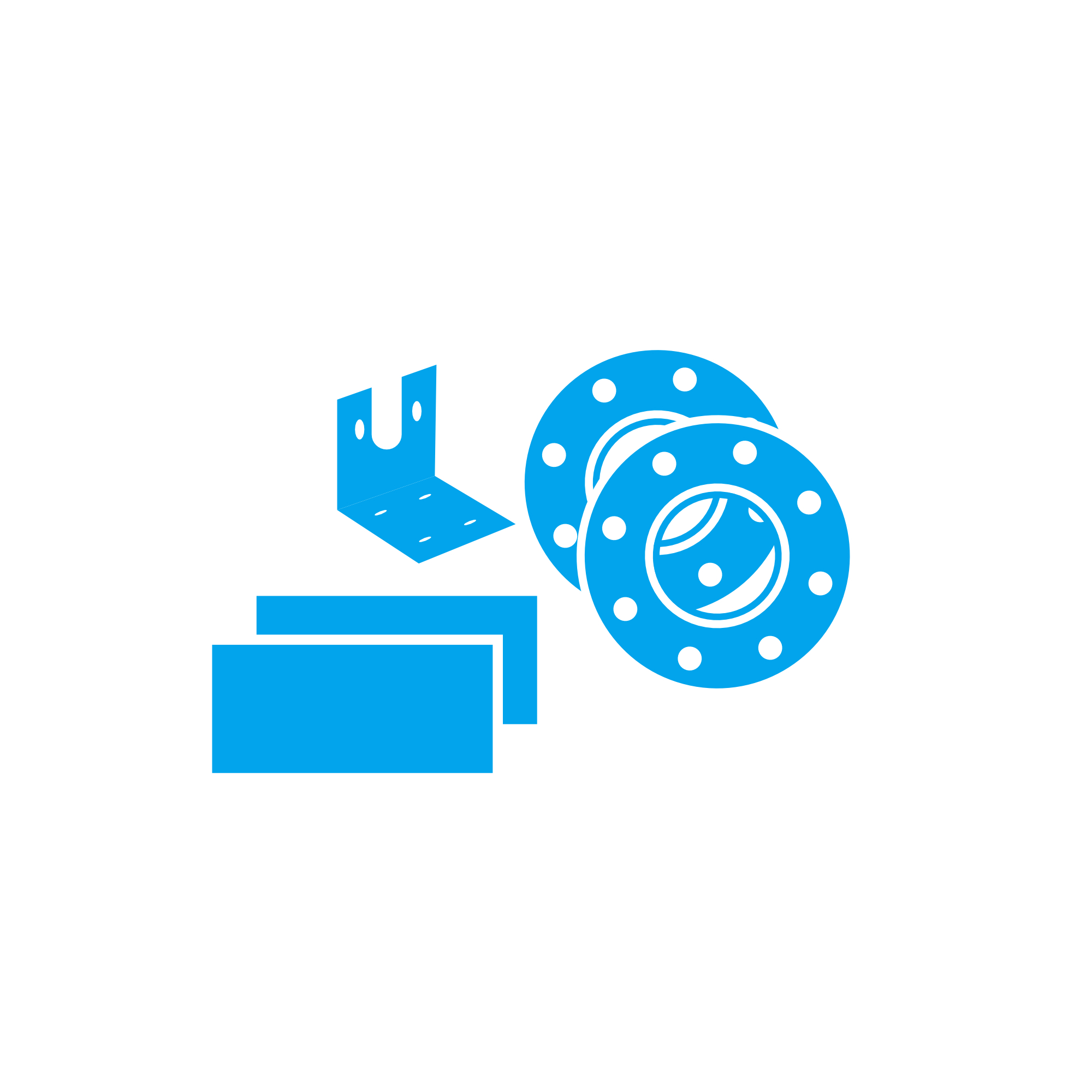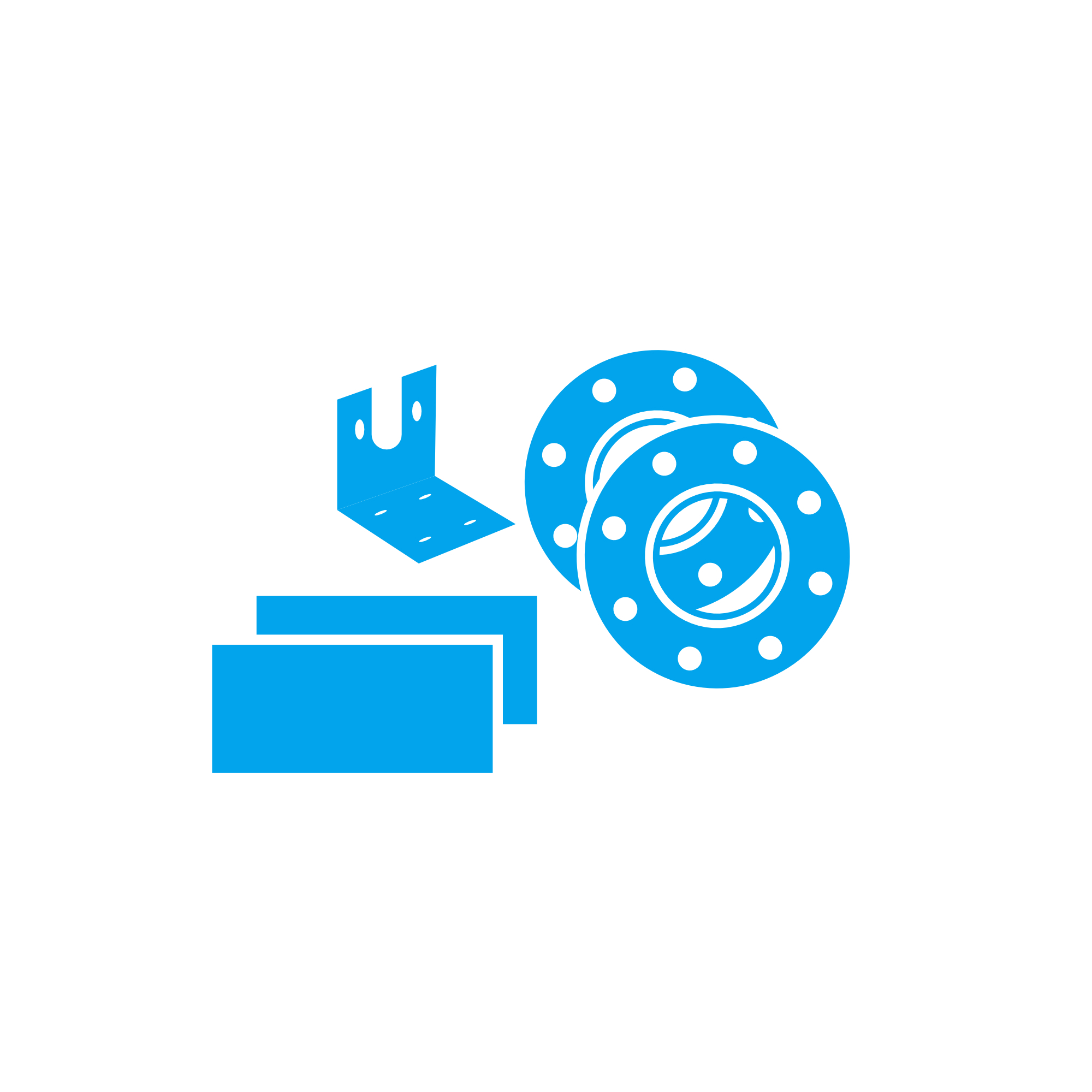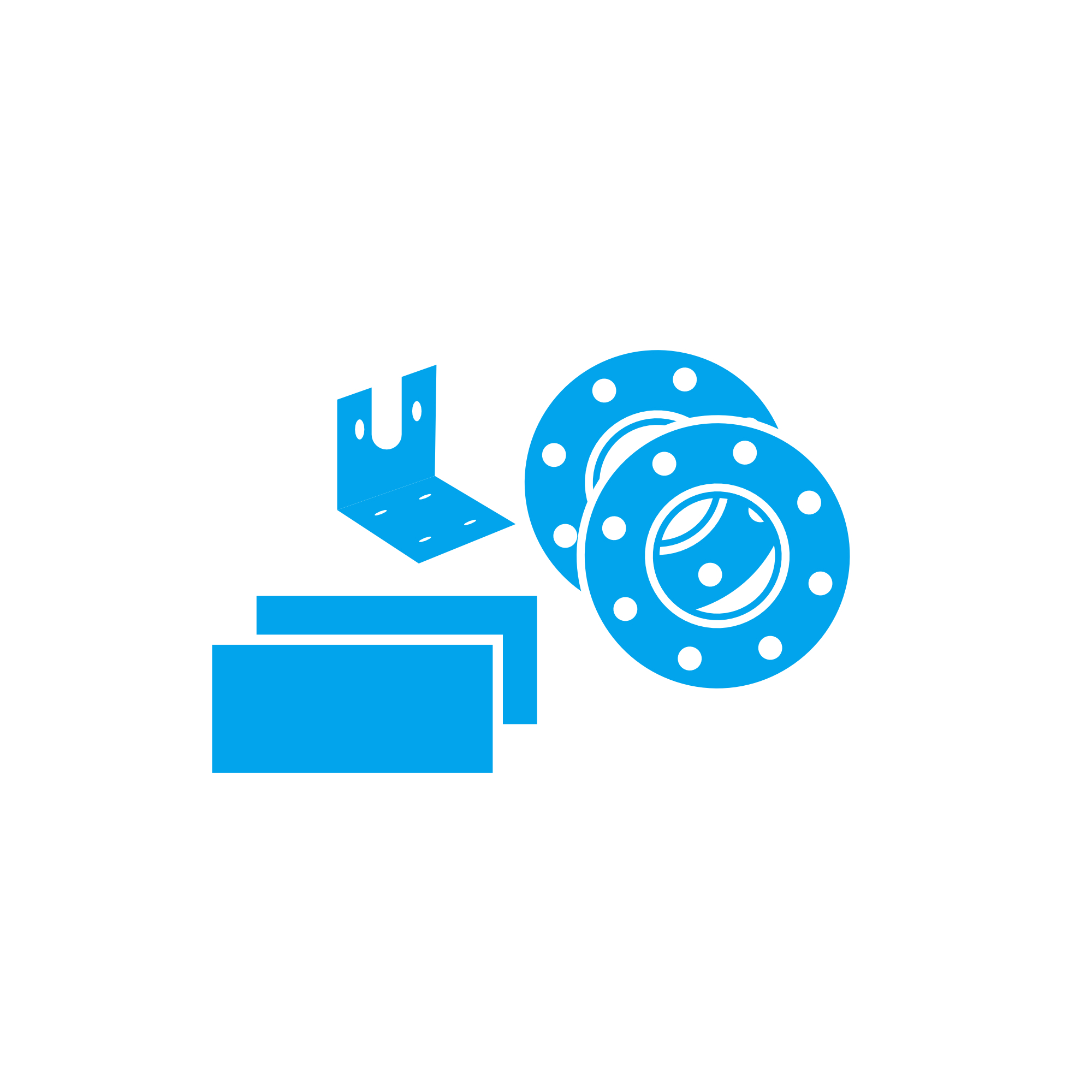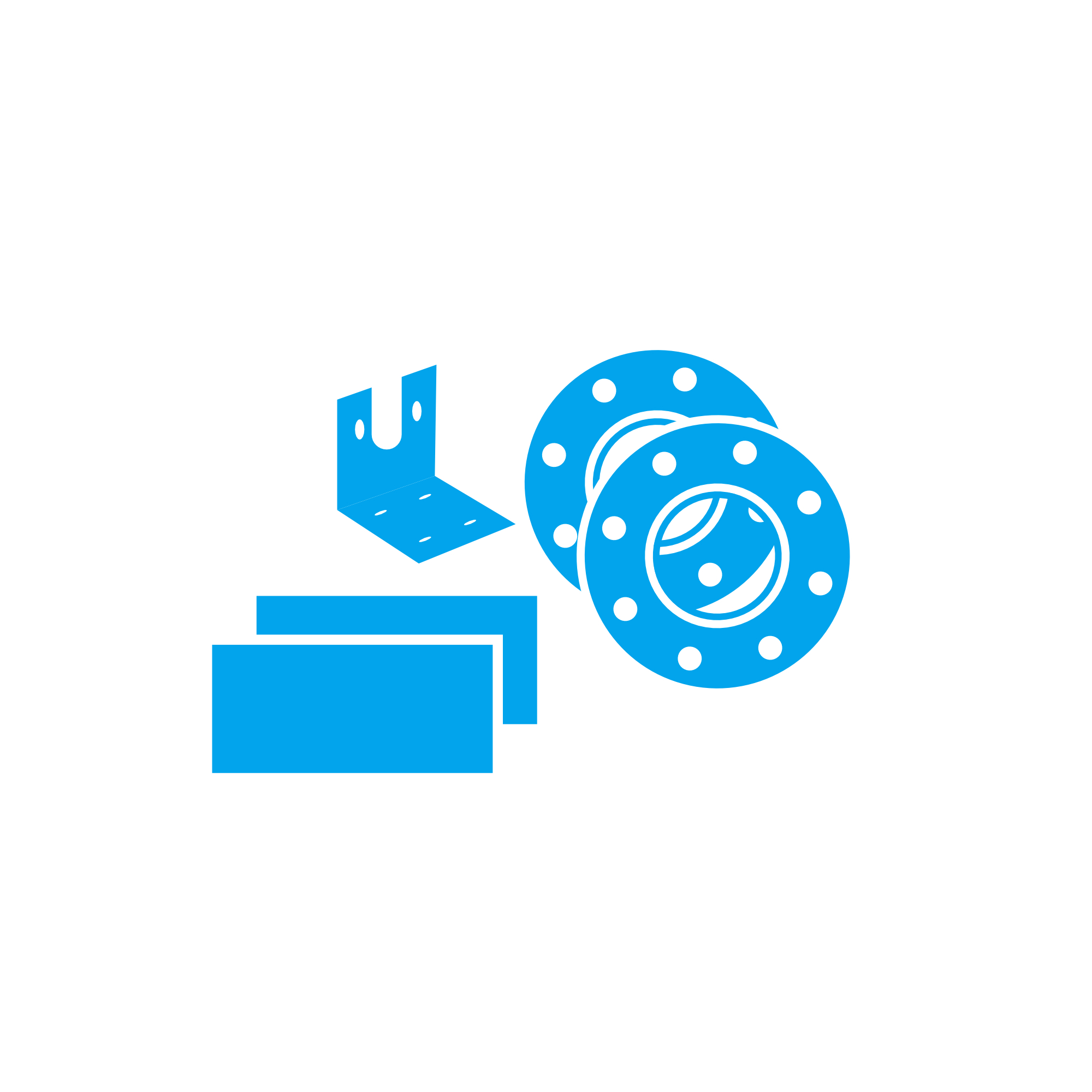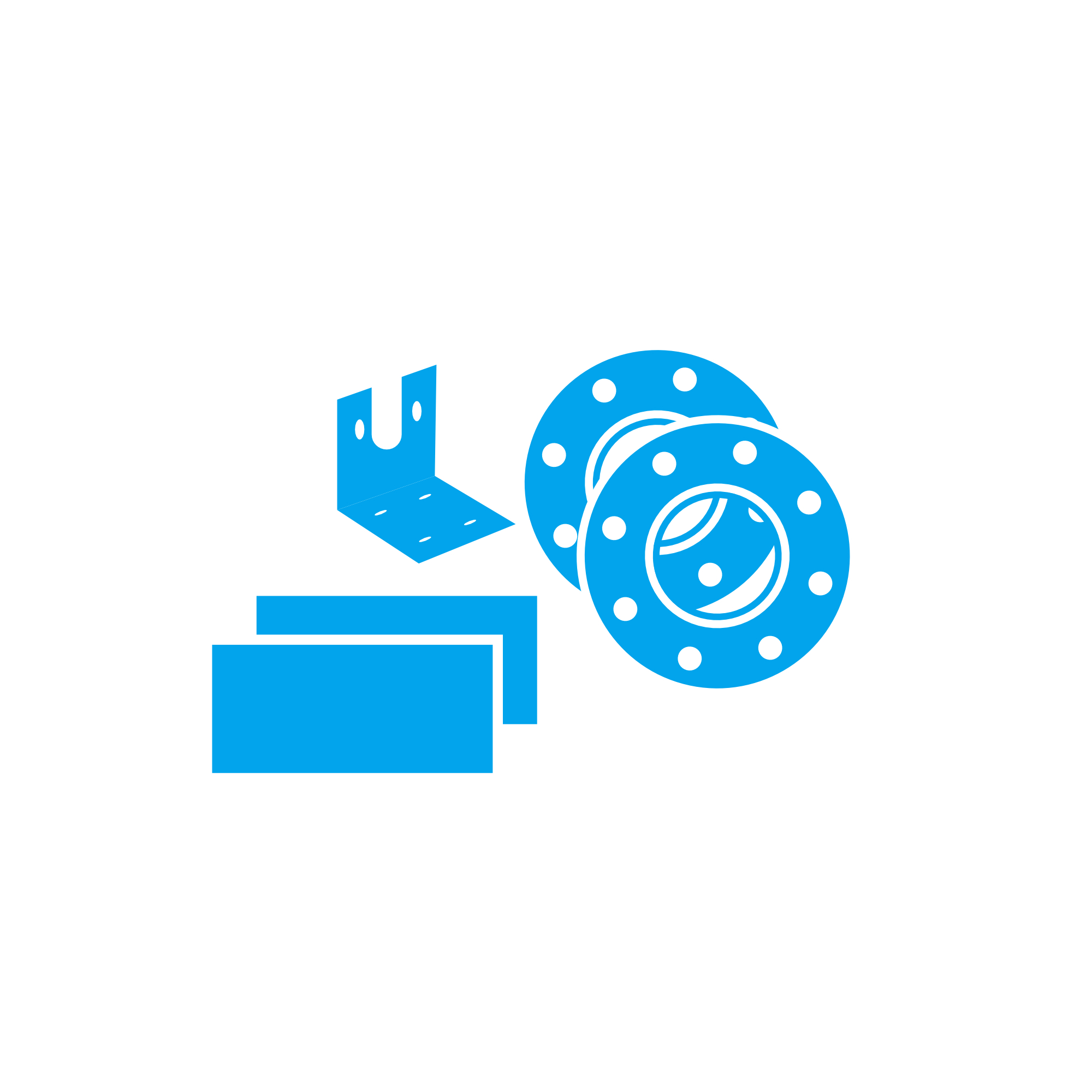WELDING FLANGE solutions for holders, plates and flanges in demanding engine applications
Holders, plates and flanges are precision interface components that fix, support, align and seal critical assemblies across marine engine and diesel engine systems. This article category covers robust brackets and holders for aggregates and pipe runs, machined plates for mounting and load transfer, and connection flanges—including the versatile WELDING FLANGE—for permanent, leak-tight joints. Whether installed on fuel, lube oil, cooling water, charge-air or exhaust lines, or used to secure pumps, filters, turbocharger casings and sensors, these parts provide the mechanical backbone that keeps engines safe, efficient and serviceable under harsh conditions.
In high-vibration, high-temperature environments, the quality of holders, plates and flanges directly influences alignment, sealing integrity, permissible loads and lifecycle costs. Correct geometries and material grades, precise welding preparations and flat gasket faces ensure reliable operation, while corrosion resistance and proper thickness management protect against fatigue and leaks. When specified and maintained correctly—especially for every WELDING FLANGE on a marine engine or stationary diesel engine—these parts contribute measurably to performance, compliance and uptime.
Technical function: WELDING FLANGE and the role of holders, plates and flanges in marine and diesel engines
Holders and brackets transfer static and dynamic loads from components to the engine block or skid, ensuring accurate positioning under vibration and thermal cycling. Plates provide stable, machined interfaces with defined flatness and hole patterns, distributing clamping forces evenly and preventing distortion. Flanges—especially the WELDING FLANGE—create pressure-rated, serviceable connections between pipes, valves and engine auxiliaries. A WELDING FLANGE is typically welded to a pipe spool (butt-weld or fillet-weld depending on the design) and offers a machined sealing face and bolt circle that mates with a counterpart. This configuration simplifies installation, enables repeatable gasket compression, and safeguards against leakage across hot exhaust and high-pressure fluid circuits.
In practice, a WELDING FLANGE OEM parts specification will define material (e.g., carbon steel, alloy steel, stainless or duplex for seawater service), heat treatment, dimensional tolerances, surface finish of the sealing face (e.g., serrated finish for spiral wound gaskets), weld bevel geometry, and non-destructive testing (VT, PT, MT, UT) of both the forging and weld seam. Compliance with standards such as ASME B16.5/EN 1092-1 and traceable pressure classes help ensure compatibility across ship sets and power plant installations. Properly designed holders and plates maintain concentricity and gap control, reduce misalignment-induced stresses at flange joints, and protect gaskets from uneven load, which is essential for stable performance and personnel safety.
- · High-strength load transfer and alignment under vibration
- · Machined flat faces and bolt patterns for repeatable assembly
- · WELDING FLANGE options for permanent, pressure-rated joints
- · Materials matched to media and temperature (fuel, oil, exhaust, seawater)
- · Corrosion protection via coatings or stainless/duplex grades
- · Defined weld preps and NDT for structural integrity
- · Compatibility with common gasket types and pressure classes
Importance for reliable engine operation: holders, plates and WELDING FLANGE connections
Reliability in propulsion and power generation depends on stable interfaces. If a holder cracks or loosens, a pump or pipe can shift, increasing bending moments and eccentric loads at the flange. If a plate loses flatness, gasket stress becomes uneven, leading to leaks. If a WELDING FLANGE is improperly welded or machined, surface finish and parallelism can degrade, creating micro-leak paths that worsen under thermal expansion.
Typical failure scenarios include rising exhaust backpressure from leaking or misaligned connections, fuel or lube oil seepage posing a fire hazard, air ingress that disrupts cooling water or fuel system performance, and vibration-induced fatigue of nearby instrumentation. These issues drive higher specific fuel consumption, non-compliance with class or environmental rules, and unplanned off-hire. Keeping holders, plates and flanges in specification—and replacing them when wear, corrosion pitting, or deformation is detected—preserves efficiency, protects personnel and prevents cascading failures.
Advantages of OEM spare parts suitable for holders, plates and flanges
OEM spare parts suitable for this category ensure dimensional fidelity to the engine maker’s drawings, correct pressure classes and consistent metallurgy. For a WELDING FLANGE in a diesel engine or marine engine, that means the right sealing face geometry for the intended gasket, the correct bolt circle tolerance for uniform clamping, and a weldable chemistry that matches the pipe material to avoid heat-affected zone issues. Using OEM spare parts simplifies installation, shortens overhaul time and reduces rework, because fit-up and alignment are predictable.
Beyond fit and finish, OEM spare parts provide documented traceability and test records aligned with engine service conditions. This supports risk management and helps maintain long service intervals. Over the lifecycle, the reduction in leaks, retightening, gasket failures and unplanned line stops translates to substantial savings. In short, selecting OEM spare parts suitable for holders, plates and flanges safeguards performance, reliability, budget and service life without compromise.
MOPA: fast, secure supply of OEM parts for holders, plates and flanges
MOPA is an experienced and reliable partner for OEM spare parts across holders, plates and flanges, including every critical WELDING FLANGE used on diesel and gas engines. Customers benefit from rapid response, rigorous quality control and secure handling throughout the trade of OEM parts. MOPA supports marine engine operators, power plant owners and service companies with short lead times, consolidated shipments and documentation tailored to class and site requirements (e.g., EN 10204 3.1 certificates on request).
From corrosion-resistant flange sets and machined base plates to vibration-optimized holders, MOPA aligns sourcing with your maintenance schedule and technical specification. The result is fewer delays during dry-dock or outage windows and restored engine availability with parts that fit the first time.
Conclusion: WELDING FLANGE and the value of OEM spare parts
Holders, plates and flanges—especially each WELDING FLANGE connection—are foundational to safe, efficient engine operation. They sustain alignment, sealing performance and structural integrity under real-world loads.
Choosing OEM spare parts suitable for this category ensures consistent fit, proven materials and long service life. With MOPA as your partner, you secure fast, quality-assured supply that keeps marine and diesel engines running at peak reliability.


